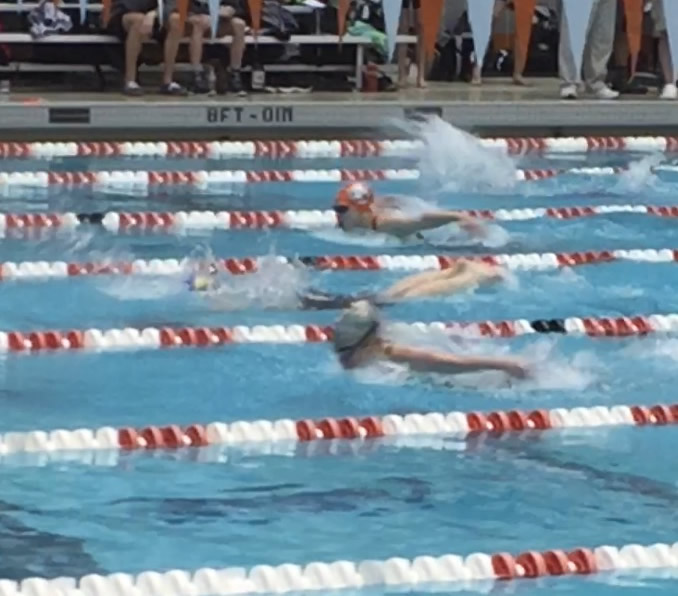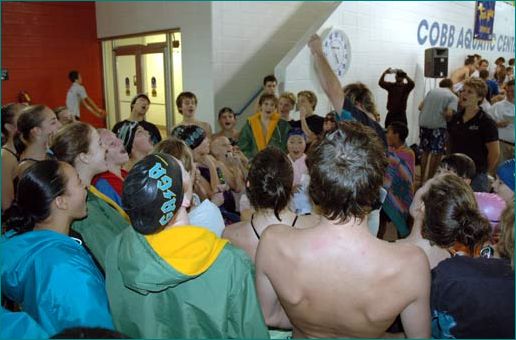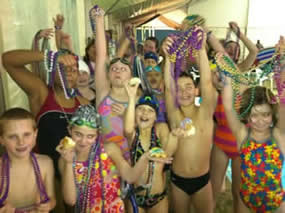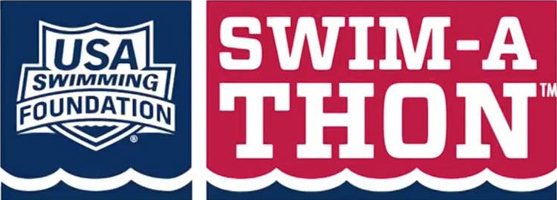 Gwinnett Aquatics has one of the top swim teams in the area. Despite our small size (or maybe because of it) we boast numerous state champs. Formed from the Gwinnett swimmers who had represented Dynamo prior to it closing its Gwinnett location in 2004, this club has over a thirty year history. In that time it has had some of the best swimmers in Georgia swimming history and in its most recent years has boasted two Olympic Trial qualifiers and nine current NCAA swimmers.
Gwinnett Aquatics has one of the top swim teams in the area. Despite our small size (or maybe because of it) we boast numerous state champs. Formed from the Gwinnett swimmers who had represented Dynamo prior to it closing its Gwinnett location in 2004, this club has over a thirty year history. In that time it has had some of the best swimmers in Georgia swimming history and in its most recent years has boasted two Olympic Trial qualifiers and nine current NCAA swimmers.
Our team philosophy is unique in many ways. Like many programs we stress gradual increase in work load over the swimmer's career. In the early ages stress is put on technical improvement, overall physical development and FUN. As the swimmers age we encourage them to increase the frequency and duration of their practices and to commit to longer periods of uninterrupted training. These swimmers will eventually only be successful if they learn the value of hard work, delayed gratification, and the ability to push themselves out of the comfort zone.
 How we put these principals in action is what distinguishes our program. Young swimmers are discouraged from training too often (2-3x/wk is plenty for swimmers under 10), or placing too much stress on early competitive success. Our training for this age group includes extensive dryland training designed to improve motor skills, hand-eye coordination, kinesthetic awareness and a general love for being fit. In the water we are more worried abut developing skills and attitudes that will benefit the swimmer for the long run than training them toward immediate stardom. Most adolescent sports experts agree that overstressing competitive success at any early age is bad for both those kids who are good at a sport when they are young and those who might be lagging behind in their development.
How we put these principals in action is what distinguishes our program. Young swimmers are discouraged from training too often (2-3x/wk is plenty for swimmers under 10), or placing too much stress on early competitive success. Our training for this age group includes extensive dryland training designed to improve motor skills, hand-eye coordination, kinesthetic awareness and a general love for being fit. In the water we are more worried abut developing skills and attitudes that will benefit the swimmer for the long run than training them toward immediate stardom. Most adolescent sports experts agree that overstressing competitive success at any early age is bad for both those kids who are good at a sport when they are young and those who might be lagging behind in their development.
On the flip side, because so few activities adequately challenge pre-teens and high-school aged kids, some families struggle to meet the demands of our swim program as their children mature. Once a swimmer enters puberty they are ready to begin training every, or almost every, day. It is not uncommon for 12 yr old girls and 13 yr old boys to be working out six times each week or more. Their bodies are primed at that age to greatly improve their athletic ability and by the time they are in High School, if they wish to reach an elite level, they should aspire to train 8-9 times each week. Believe it or not the swimmers that reach that level often also are academic leaders at their school and talented performers in many other activities.








